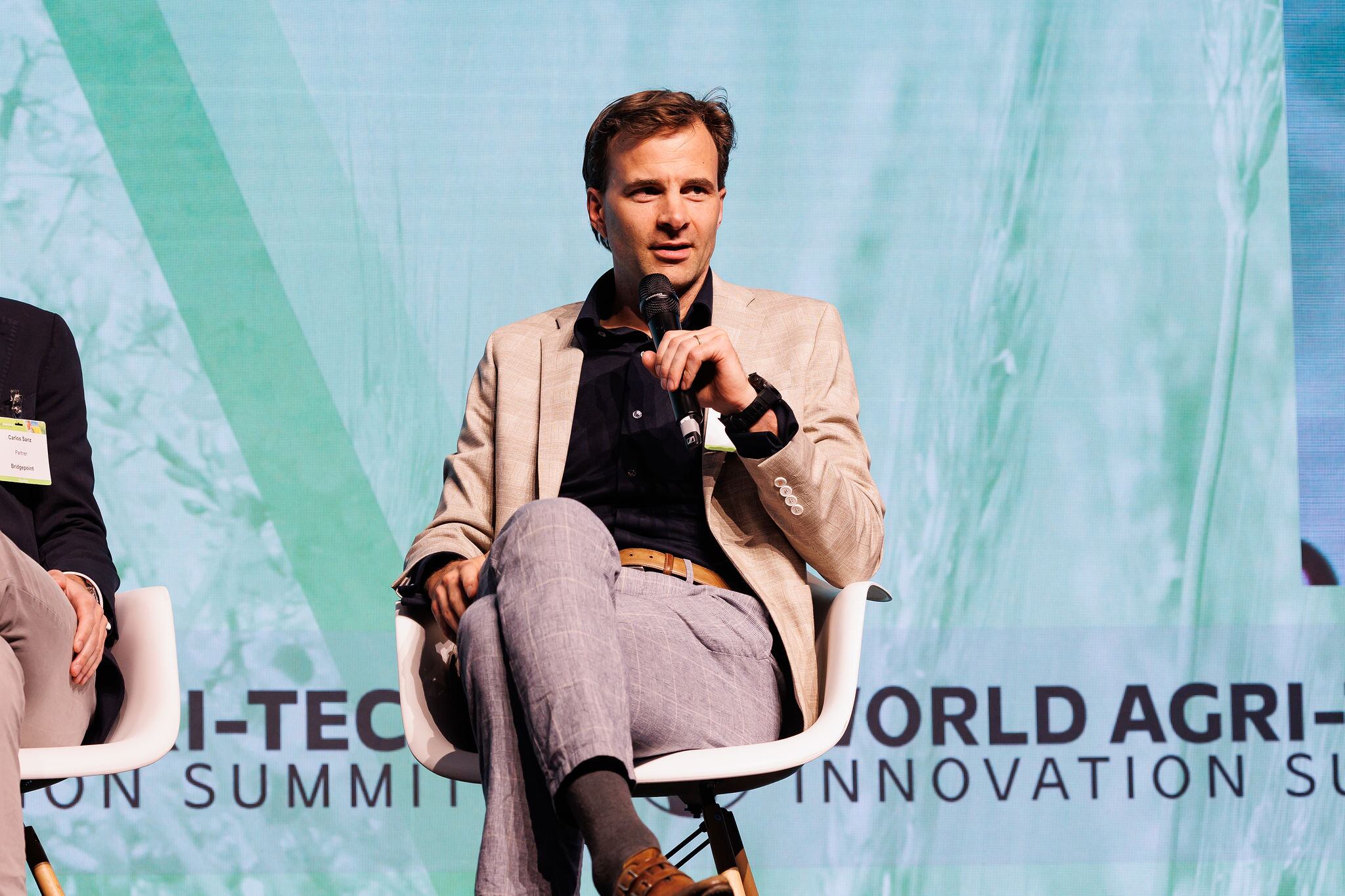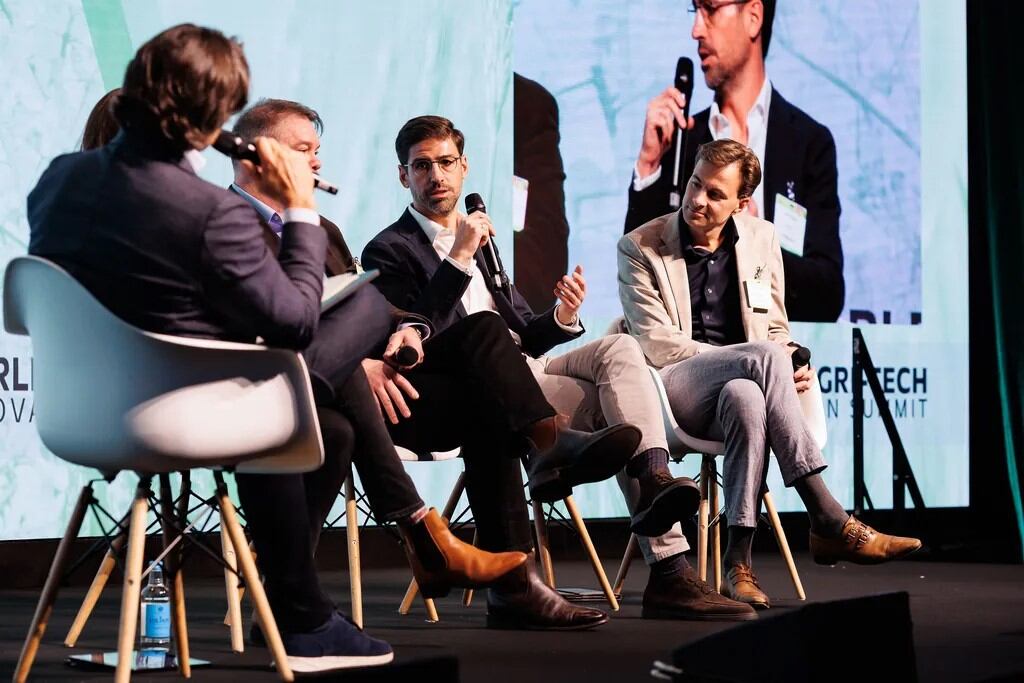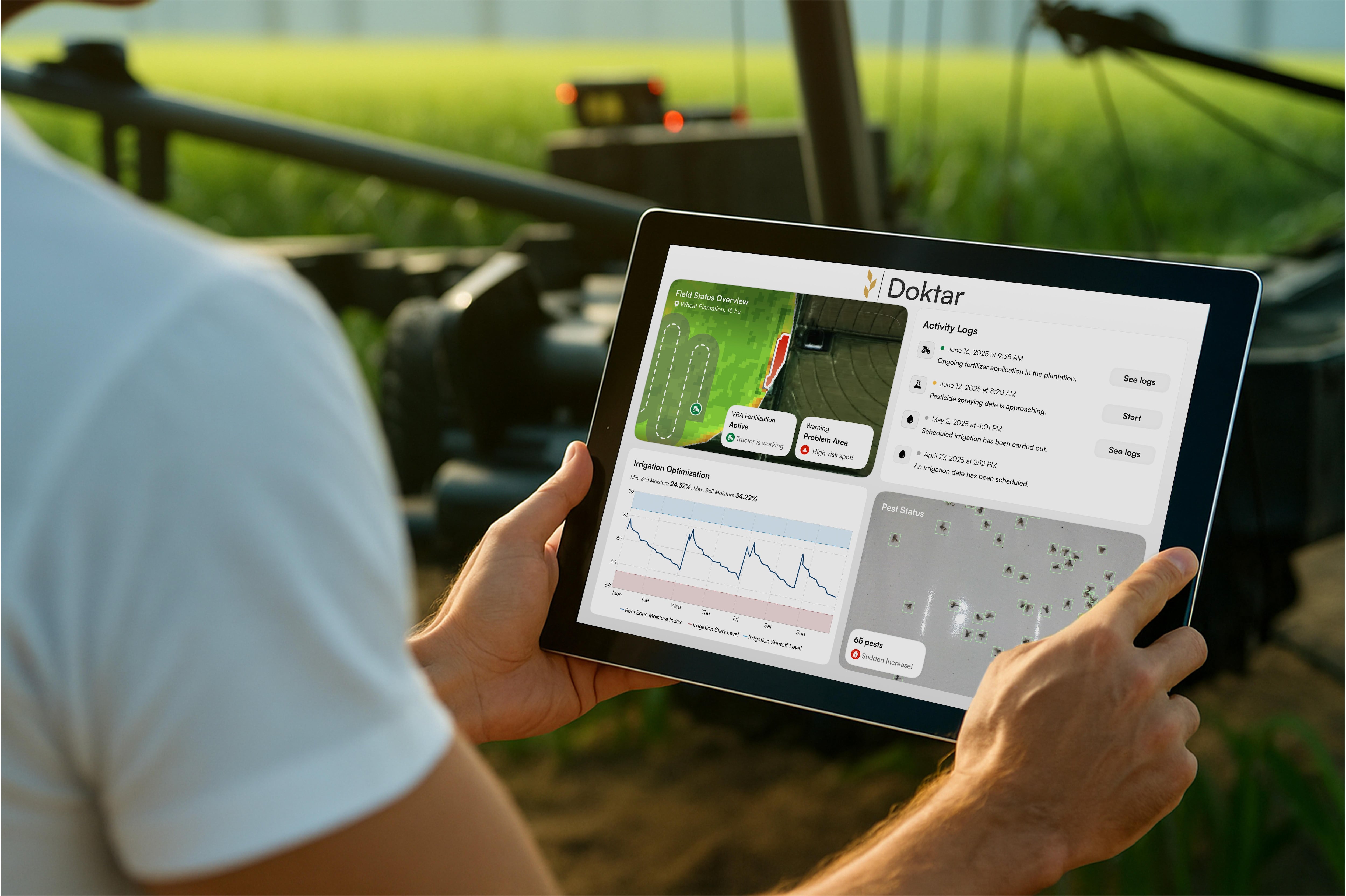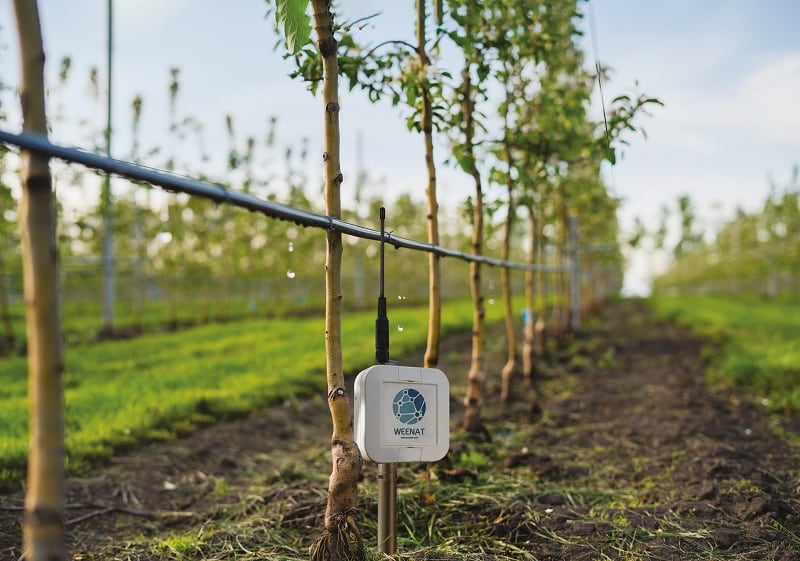The towering wood-panelled windows behind Rogier Pieterse’s desk are more suggestive of a Zoom background than a real office. But real they are, and inside Amsterdam’s Royal Tropical Institute, a building constructed in the 19th century to showcase the spoils of the Dutch empire.
Today, those walls house a very different mission. The old museum rooms now hum with around 70 organisations working on sustainable development, public health, and gender equality across the Global South. Among them is Pymwymic, the impact-driven, agrifood venture capital fund led by Pieterse since 2016.
From idealism to investment: The origins of Pymwymic
Just like its offices, Pymwymic has a layered and unconventional history. Founded in 1994, it began with nineteen founders – primarily wealthy families in the Benelux region – who came together with a conviction that capital should express values. They chose a name that spelled it out literally: Put Your Money Where Your Meaning Is Community, or Pymwymic for short.
At the time, investing for impact was viewed as an eccentric blend of philanthropy and idealism. But by pooling their wealth and focusing on the “the three Ps” – people, planet, and profit – Pymwymic’s founders backed solar panels and biodegradable plastics and a spread of companies across education, healthcare, and geographies.
“It was all over the place, all relatively small pockets, but no focus whatsoever,” says Pieterse. “Which for sure, made a lot of impact for the three Ps, but not per se from the profit perspective of the piece.”
The Pieterse pivot: Focus, structure, and scale
The turning point came when Pieterse joined in 2016. Under his guidance, Pymwymic became a cooperative, an unusual model in finance but one that enables its members to trade units more easily, take part in governance more actively, and participate in decisions about where to place its money.
“The emotional side is that you’re joining a movement,” Pieterse says. “They’ve established a goal to bundle strength and to act together.”
This pooled private wealth of 180 members serves as a cornerstone investor in Pymwymic’s specialised sub-funds, which bring in institutional capital such as insurance firms, government funds, and other industry partners.
Its first €30m fund was 75% co-op money while the second €71.5m fund fell to 25%. The strategy works as institutions are more comfortable entering once private wealth has signalled conviction, Pieterse says.
The second major shift in 2016 was Pymwymic turning from generalist to food specialist, fuelled by agriculture’s potential to give both impact and financial returns.
Today, Pymwymic manages €100m invested in 22 companies with four previous exits. These include Augmenta, whose precision spraying platform was acquired by CNH Industrial for $110m in 2023; Ceradis, an eco-friendly chemicals company; Connectera, whose AI-enabled platform was integrated into Datamars’ livestock management system.
The portfolio leans heavily into technologies that serve farmers directly: precision spraying systems, AI-enabled monitoring tools, hardware and data platforms for soil health. “We focus on farmers and on soil with technologies and hardware components which are predominantly data driven,” Pieterse says.
Impact vs. capitalism: A persistent tension
But despite three decades of evangelising for impact investing, Pymwymic still finds itself having to make the same argument: that both impact and financial returns matter and both can be achieved simultaneously.
The wind typically blows in the opposite direction. “The brutal fact is that the whole world is still driven by pure capitalism,” Pieterse says. “And with Donald back in power, it’s even more so. That’s what we still experience in our day-to-day job.”
Even among their own limited partners, whenever investors ask Pieterse how the companies are doing, “they are not asking me, how are they doing impact wise. They’re always asking financially.”
The tension also plays out inside companies where Pymwymic often sits on boards alongside traditional investors and must “fight to ensure impact is embedded in operations.” That includes everything from management remuneration to strategic decision-making. It is, Pieterse concedes, “still a battle”.
Pieterse does not shy away from the fact that balancing profit and purpose sometimes comes at a cost. Big investors, he says, are often reluctant to invest in funds like Pymwymic when they can find bigger returns in fast-scaling – yet arguably less impactful - software businesses in places like Silicon Valley.
“We are OK with a return of around 10%, but we struggle to attract the biggest capital because people always want to have more,” he says. “The greedy part of a human makes innovation a challenge.”
Changing two industries at once
Pieterse therefore believes Pymwymic has a dual battle on its hands. “We are changing two industries: the financial industry, which is still purely capital-driven. And the food industry which is driven by a strong oligopoly where big players make a lot of money and don’t want to change.”
And yet, the economics of agriculture are shifting. The intensive model of farming that dominated the 20th century – fuelled by fertilisers, chemicals and monocultures – simply no longer adds up, Pieterse argues.
“You can pour €100m of inputs into the ground and get €80m out. That doesn’t make economic sense anymore,” he says, pointing out technologies like precision spraying don’t exist because they’re fashionable but because they’re necessary.
For Pieterse, who spent the early part of his career in renewable energy, the parallels are clear. Back then, scepticism was high and adoption slow. Now renewable energy is a commodity and a cornerstone of the global energy transition. Food, he argues, is on the same trajectory.
Returns without moonshots
But Pieterse is insistent Pymwymic will not be drawn on making outsized promises as it pursues bigger capital and greater impact. It doesn’t market “moonshot” returns. Its language is measured, almost understated. “We offer decent returns,” Pieterse says. “Not crazy but decent.”
He again contrasts it to the approach found across Silicon Valley. “The American approach is to ‘shoot for the stars and land on the moon’. We aim for the moon, and we land on the moon.”




